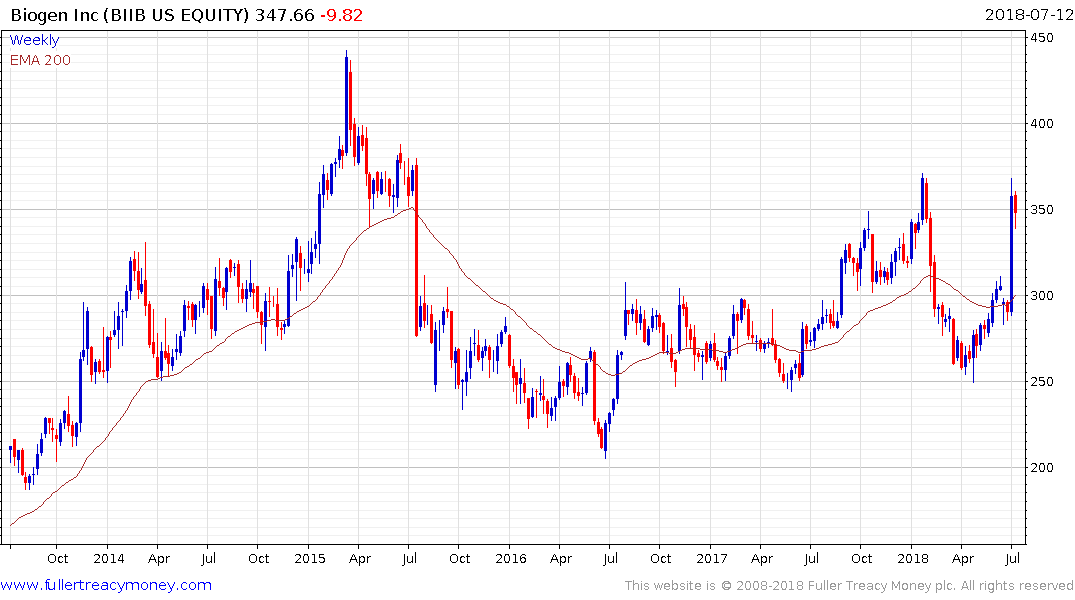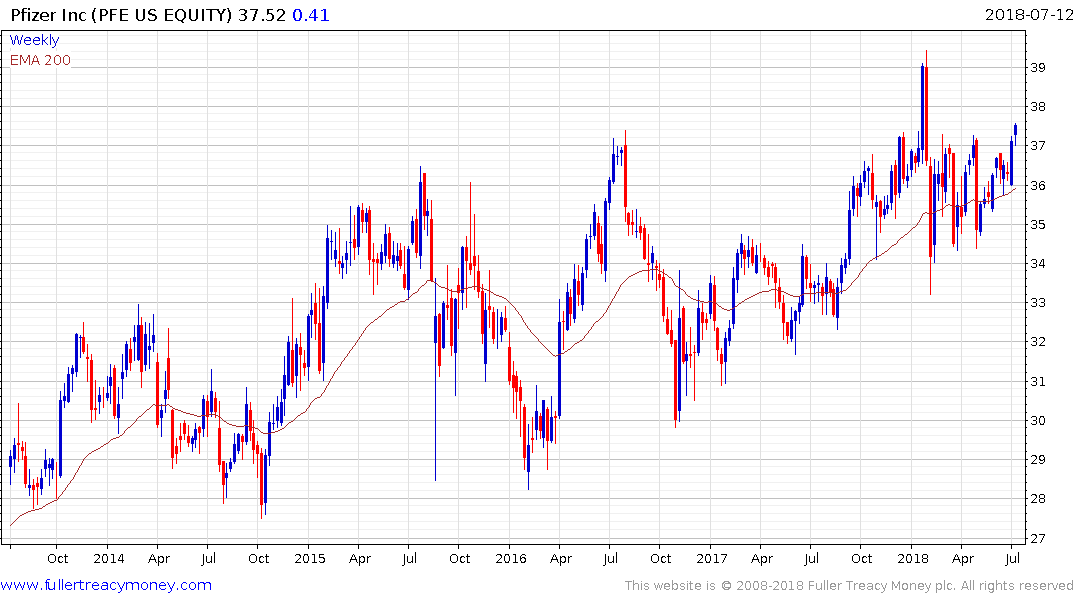The "Big Bang" of Alzheimer's: Breakthrough study uncovers genesis of the disease
This article by Rich hardy for New Atlas may be of interest to subscribers. Here is a section:
Much modern Alzheimer's research concentrates on a specific protein called amyloid beta, and the clumping of that protein is suspected as being the primary pathological cause of the disease's symptoms. But, after a long series of clinical trial failures in drugs designed to target those amyloid beta plaques, some scientists are turning their research attentions elsewhere.
This new research focuses on a different protein, called tau. These tau proteins have been found to form abnormal clumps in the brain, called neurofibrillary tangles, which can accumulate and kill neurons. Some researchers hypothesize that this is actually the primary causative source of Alzheimer's disease.
Until now it was not known how, or when, these tau proteins began to accumulate into tangles in the brain. It was previously believed that isolated tau proteins didn't have a distinctly harmful shape until they began to aggregate with other tau proteins. But the new research has revealed that a toxic tau protein actually presents itself as misfolded, exposing parts that are usually folded inside, before it begins to aggregate. It is these exposed parts of the protein that enable aggregation, forming the larger toxic tangles.
"We think of this as the 'Big Bang' of tau pathology," says Diamond. "This is a way of peering to the very beginning of the disease process. It moves us backward to a very discreet point where we see the appearance of the first molecular change that leads to neurodegeneration in Alzheimer's."
Alzheimer’s is one of the only major killers that has no form of treatment. It represents a massive tax on the productive capacity of every family afflicted since the burden for care usually falls on the spouse and children before expensive care is called for. The slow but inevitable decline the disease entails means the cost of care rises inexorably often for more than a decade before fatality.
The prospect of a cure is gaining greater impetus both because we have more people who are older and therefore have an interest in sustained mental acuity and because the pace of technological innovation and understanding is accelerating.

Biogen surged this week on the news that its Phase II trial for an Alzheimer drug showed positive results. The company is now moving on to recruiting candidates for human trials. The share is now testing the January highs and a sustained move below $300 would be required to question medium-term scope for additional upside.

Pfizer is the manufacturer of the tafamidis drug referenced in the above article. The share has been largely rangebound since 2015 but has held an upward bias and is now testing the upper boundary. A sustained move below $35 would be required to question medium-term scope for continued upside.


